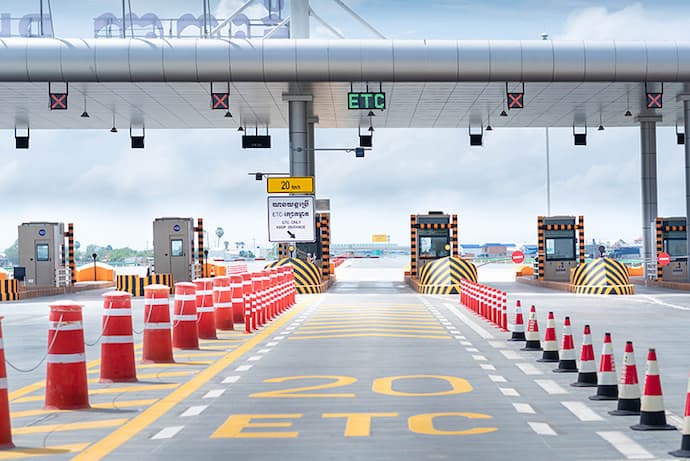A Third Cambodian Expressway Feasibility Study Ordered
By
B2B Cambodia
on
Following on from the success and associated economic and tourism benefits of the Phnom Penh-Sihanoukville (PPSHV) Expressway which has since been followed up by the confirmation of a Phnom Penh-Bavet Expressway, Senior Minister Sun Chanthol, Minister of Public Works, has ordered a feasibility study for the construction of Phnom Penh-Siem Reap Expressway.
 Phnom Penh-Sihanoukville (PPSHV) Expressway
Phnom Penh-Sihanoukville (PPSHV) Expressway
Phnom Penh-Siem Reap Expressway
Four companies are studying the construction of the newly announced Phnom Penh-Siem Reap Expressway and the benefits of reducing the travel time for logistics and tourism between the most visited tourist destination and the Kingdom and the capital would be highly beneficial.Phnom Penh-Sihanoukville (PPSHV) Expressway
The Phnom Penh-Sihanoukville (PPSHV) Expressway took three years to complete at a cost of $2 billion dollars and it's intended to add a significant boost to economic growth and tourism development - travelling by road from the capital or to Sihakoukville is now possible in a couple of hours down from anything between 4-6 hours previously. For logistics and commerce, container trucks would take 1-2 days to travel between the two economic hubs but now travel two or three times per day suggested one report. The expressway is the biggest single project completed under the Belt and Road Initiative cooperation between Cambodia and China. Phnom Penh-Sihanoukville (PPSHV) Expressway
Phnom Penh-Sihanoukville (PPSHV) Expressway